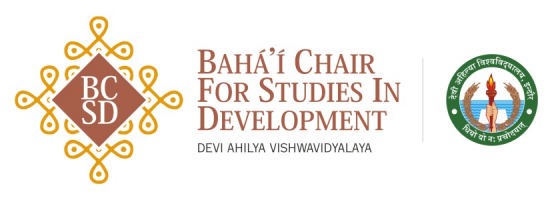
Webinar on ‘Food and Nutrition Security in India: Building Back Better from the Covid-19 Pandemic’
January 23, 2024
Webinar on ‘Bridging the Gap: Addressing the Crisis in Child Education with the Covid Pandemic’
January 23, 2024
27 MARCH 2021
The Covid-19 pandemic has brought to light many aspects of the crises in humanity’s relationship with water. The emphasis on washing hands, and practicing personal hygiene brought into sharp relief the severe water scarcity facing millions of India’s most
underprivileged people in rural and urban areas. The unforeseen and rapidly escalating nature of the crisis demonstrated the need for greater resilience in public health systems. Reliable access to water for drinking and personal hygiene is an indispensable element of this system. At a broader level, the pandemic highlighted the extent to which social and economic life is dependent on and circumscribed by the larger ecological system and the perils of ignoring or abusing this connection. The scarcity of water remains one of the most visible and acute manifestations of the crisis triggered by an anthropocentric worldview.
The Bahá’í Chair for Studies in Development organized this webinar to explore the contours of a new paradigm for water governance based on the principles of environmental stewardship, justice and the oneness of existence. The webinar seeks to bring together empirical insights and the learning from promising prototypes, to show the way forward towards a more sustainable water future.
Click here for the background note.
Event Highlights Photos


